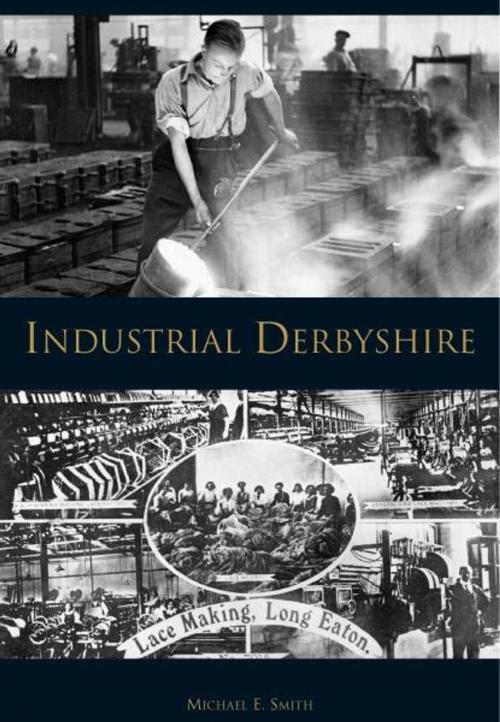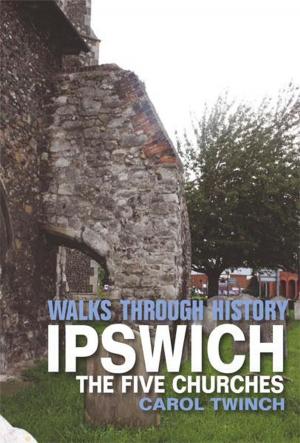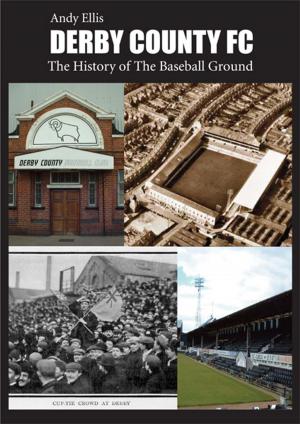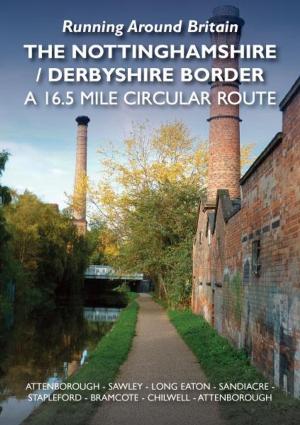| Author: | Michael Smith | ISBN: | 9781908573995 |
| Publisher: | JMD Media | Publication: | December 2, 2011 |
| Imprint: | Language: | English |
| Author: | Michael Smith |
| ISBN: | 9781908573995 |
| Publisher: | JMD Media |
| Publication: | December 2, 2011 |
| Imprint: | |
| Language: | English |
Derbyshire played an important part in the history of Britains industrial development. The Romans mined lead here and from medieval times coal mining, iron working and the manufacture of pottery were all important. The Silk Mill, built at Derby in 1722, has a good claim to being Britains first factory and in 1771, at Cromford, Richard Arkwright created a system of industrial production, which was copied throughout the world. As water-power was replaced by steam, Derbyshire colliers hewed millions of tons of coal to fuel the later phase of the Industrial Revolution. With the coming of the railways Derby became an important manufacturing centre and firms such as James Smith, making uniforms, and Bemrose, printing tickets and timetables, piggybacked to prosperity in the wake of this railway boom. By the 20th century a number of engineering firms had established themselves with the county and in 1940 Spitfires and Hurricanes powered by Rolls-Royce engines won the Battle of Britain. In the post-war world the development of the jet engine and new industries such as nuclear engineering, kept Derbyshire in the forefront of technical research and industrial development. Michael Smith tells the fascinating story of the inventors, entrepreneurs and artisans who contributed to the Industrial Revolution in Derbyshire as well as later developments in aviation and chemical and nuclear engineering. He describes the development of well-known industrial enterprises as diverse as Crown Derby, the Midland Railway, Offilers Brewery, Rolls-Royce, Bemrose, the Butterley Company and Toyota as well as many others. About the authorMichael Smith was born and educated in Derby. After commercial experience with a national group of electrical wholesalers he trained to be a teacher at Bishop Lonsdale College. After a successful career in education he retired as Vice-Principal of Castle Donington Community College in 2005. His academic qualifications include a BA (Hons) from the Open University, a Masters degree from Nottingham University and a specialist qualification in local history from the University of Keele. A successful author, with five previous books to his credit, he also worked as a lecturer in local history for the WEA and Nottingham University.
Derbyshire played an important part in the history of Britains industrial development. The Romans mined lead here and from medieval times coal mining, iron working and the manufacture of pottery were all important. The Silk Mill, built at Derby in 1722, has a good claim to being Britains first factory and in 1771, at Cromford, Richard Arkwright created a system of industrial production, which was copied throughout the world. As water-power was replaced by steam, Derbyshire colliers hewed millions of tons of coal to fuel the later phase of the Industrial Revolution. With the coming of the railways Derby became an important manufacturing centre and firms such as James Smith, making uniforms, and Bemrose, printing tickets and timetables, piggybacked to prosperity in the wake of this railway boom. By the 20th century a number of engineering firms had established themselves with the county and in 1940 Spitfires and Hurricanes powered by Rolls-Royce engines won the Battle of Britain. In the post-war world the development of the jet engine and new industries such as nuclear engineering, kept Derbyshire in the forefront of technical research and industrial development. Michael Smith tells the fascinating story of the inventors, entrepreneurs and artisans who contributed to the Industrial Revolution in Derbyshire as well as later developments in aviation and chemical and nuclear engineering. He describes the development of well-known industrial enterprises as diverse as Crown Derby, the Midland Railway, Offilers Brewery, Rolls-Royce, Bemrose, the Butterley Company and Toyota as well as many others. About the authorMichael Smith was born and educated in Derby. After commercial experience with a national group of electrical wholesalers he trained to be a teacher at Bishop Lonsdale College. After a successful career in education he retired as Vice-Principal of Castle Donington Community College in 2005. His academic qualifications include a BA (Hons) from the Open University, a Masters degree from Nottingham University and a specialist qualification in local history from the University of Keele. A successful author, with five previous books to his credit, he also worked as a lecturer in local history for the WEA and Nottingham University.















